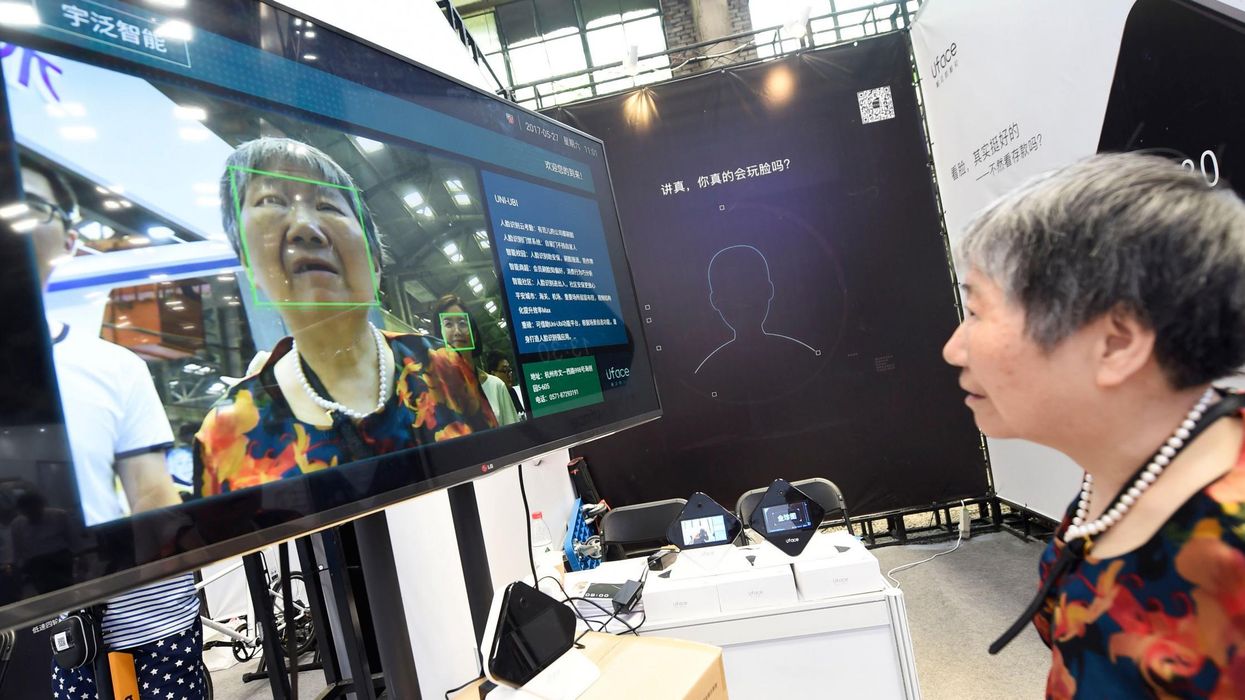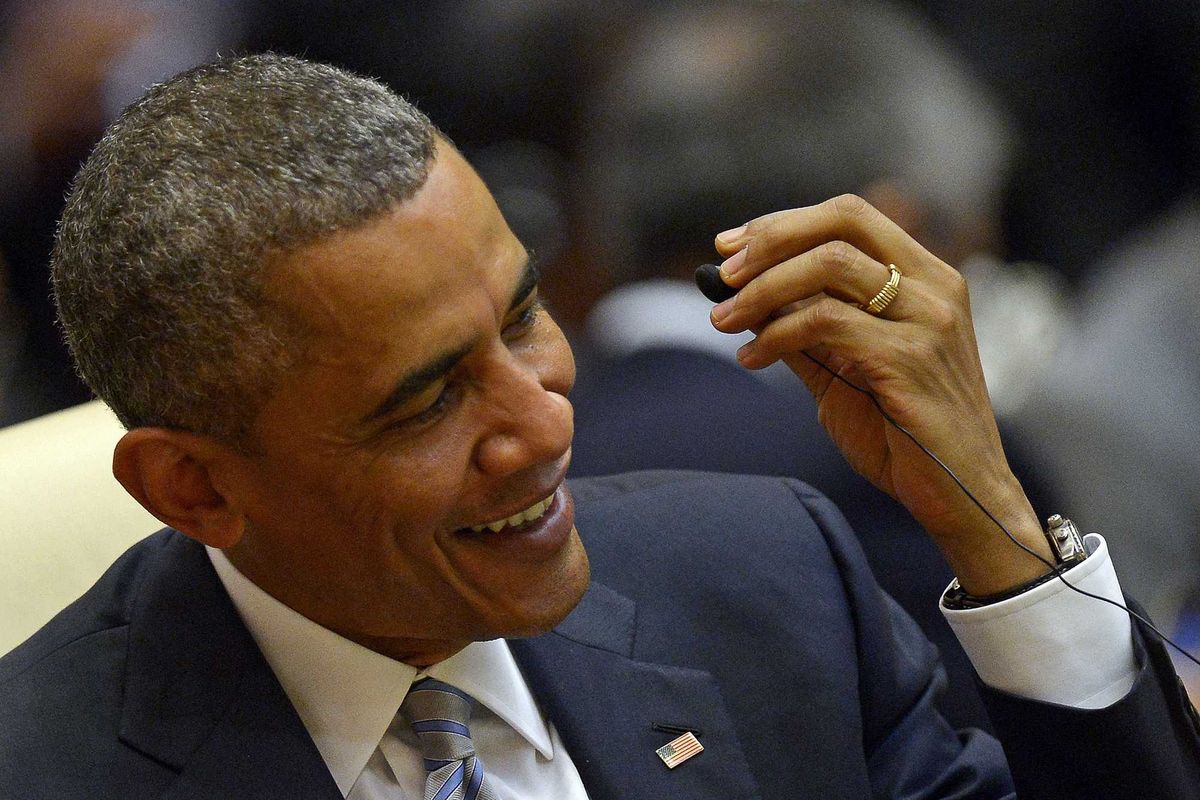
China is seeking to use extensive CCTV systems and facial recognition to predict and prevent crime.
You may be jumping to Minority Report, but the comparisons aren't quite fair - there's no people lying in a pool of water giving video snippets into the future.
Companies are helping police develop artificial intelligence systems that analyses data on individuals' movements and habits, in an attempt to assess the likelihood of a crime.
For example, if someone is seen visiting a shop where weapons are sold, the AI would attempt to trace their recent journeys, purchase history and search history to determine the likelihood they were plotting a violent act.
The risks rise if someone frequently visits busy areas with no observable plans or agenda, or visiting suspicious places like, for example, a knife store.
Li Meng, vice-minister of science of technology, was reported in the Financial Times as saying on Friday:
If we use our smart systems and smart facilities well, we can know beforehand . . . who might be a terrorist, who might do something bad.
A Cloud Walk spokesman told the Financial Times that the technologies they were trialling were attempting to discern suspicious behaviour from the everyday.
Of course, if someone buys a kitchen knife that’s OK, but if the person also buys a sack and a hammer later, that person is becoming suspicious.
It's known that China's government already amass personal data from citizens to monitor them, and use technologies like gait recognition to spot people walking suspiciously in crowds, such as pickpockets.
Meanwhile facial recognition cameras have been used to identify and publicly shame people guilty of minor infractions like jaywalking or shoplifting.
HT DesignTaxi
More: The Daily Mail actually used a 'wildly inaccurate' age guessing app to judge child refugees












